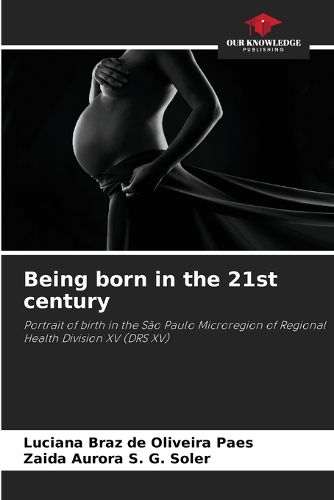Readings Newsletter
Become a Readings Member to make your shopping experience even easier.
Sign in or sign up for free!
You’re not far away from qualifying for FREE standard shipping within Australia
You’ve qualified for FREE standard shipping within Australia
The cart is loading…






Obstetric care in Brazil is a widely discussed problem, due to the absurd rates of caesarean sections and the lack of respect for ethical and legal standards and the recommendations of international and national organisations regarding care in the pregnancy-puerperal cycle. This book highlights the fact that there is no scientific explanation for the abusive increase in caesarean sections and that the socio-demographic profile of women from higher social classes influences the number of caesarean sections. Therefore, actions and interventions are needed to minimise the number of caesarean sections without obstetric indication, suggesting a greater involvement of obstetric nurses in labour management, allowing the active participation of women, complying with national and international guidelines and focusing on the humanisation of obstetric care.
$9.00 standard shipping within Australia
FREE standard shipping within Australia for orders over $100.00
Express & International shipping calculated at checkout
Obstetric care in Brazil is a widely discussed problem, due to the absurd rates of caesarean sections and the lack of respect for ethical and legal standards and the recommendations of international and national organisations regarding care in the pregnancy-puerperal cycle. This book highlights the fact that there is no scientific explanation for the abusive increase in caesarean sections and that the socio-demographic profile of women from higher social classes influences the number of caesarean sections. Therefore, actions and interventions are needed to minimise the number of caesarean sections without obstetric indication, suggesting a greater involvement of obstetric nurses in labour management, allowing the active participation of women, complying with national and international guidelines and focusing on the humanisation of obstetric care.